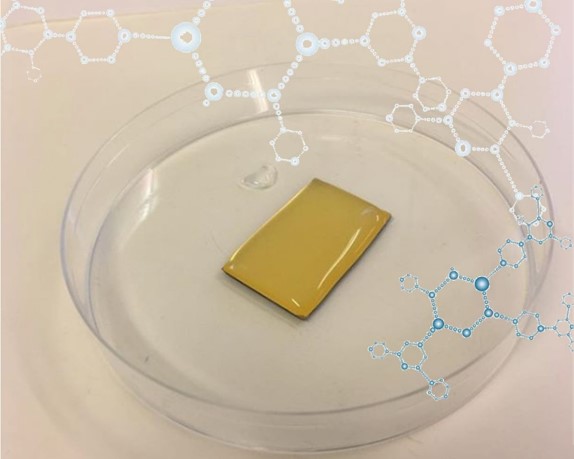New way to test for drug resistant infections
Scientists from across the University, including researchers from the Department of Chemistry, have developed a method to test whether an infection is resistant to common antibiotics.

The research team are now working with clinicians at York Teaching Hospital NHS Foundation Trust to integrate their system into a rapid diagnostic test for antimicrobial resistance in urinary tract infections.
Antimicrobial resistance (AMR) is a major global threat accelerated by the inappropriate use of antibiotics. Beta-lactam antibiotics (such as penicillin) are one of the most important classes of antibiotics, but resistance to them has grown to such an extent that doctors often avoid prescribing them in favour of stronger drugs.
Corresponding author Dr Lisa Miller, a postdoctoral researcher working in the team of Professor Anne Duhme-Klair, modified an antibiotic from the beta-lactam family so that it can be attached to a sensor, enabling the detection of bacteria resistant to treatment.
The new method could lead to clinicians being able to rapidly detect whether an infection is treatable with common antibiotics, reserving stronger alternatives for the patients that need them most.
One of the major ways in which bacteria become resistant to treatment is through the production of enzymes that can break down beta-lactam antibiotics, rendering them ineffective. The researchers were able to test for the presence of these resistance enzymes by attaching the modified antibiotic to a sensor surface, which enabled them to see whether or not the drug was broken down.
Dr Lisa Miller said: "Our results provide important insights into the development of surface-based tests for drug resistance, helping the advancement of much needed fast diagnostics."
Dr Steven Johnson, Reader in the University’s Thomas Krauss, said: "This important study is the result of a close collaboration between physical, chemical and biological scientists at the University and lays the foundation for a new diagnostic test for drug resistant infections. We are now working with clinicians at York Teaching Hospital NHS Foundation Trust to integrate this modified antibiotic into a rapid diagnostic test for antimicrobial resistance in urinary tract infections."
The work was supported by a research council funded Healthcare Impact Partnership, led by Professor Department of Electronic Engineering in the Department of Physics.
The research is published in ACS Applied Materials and Interfaces.